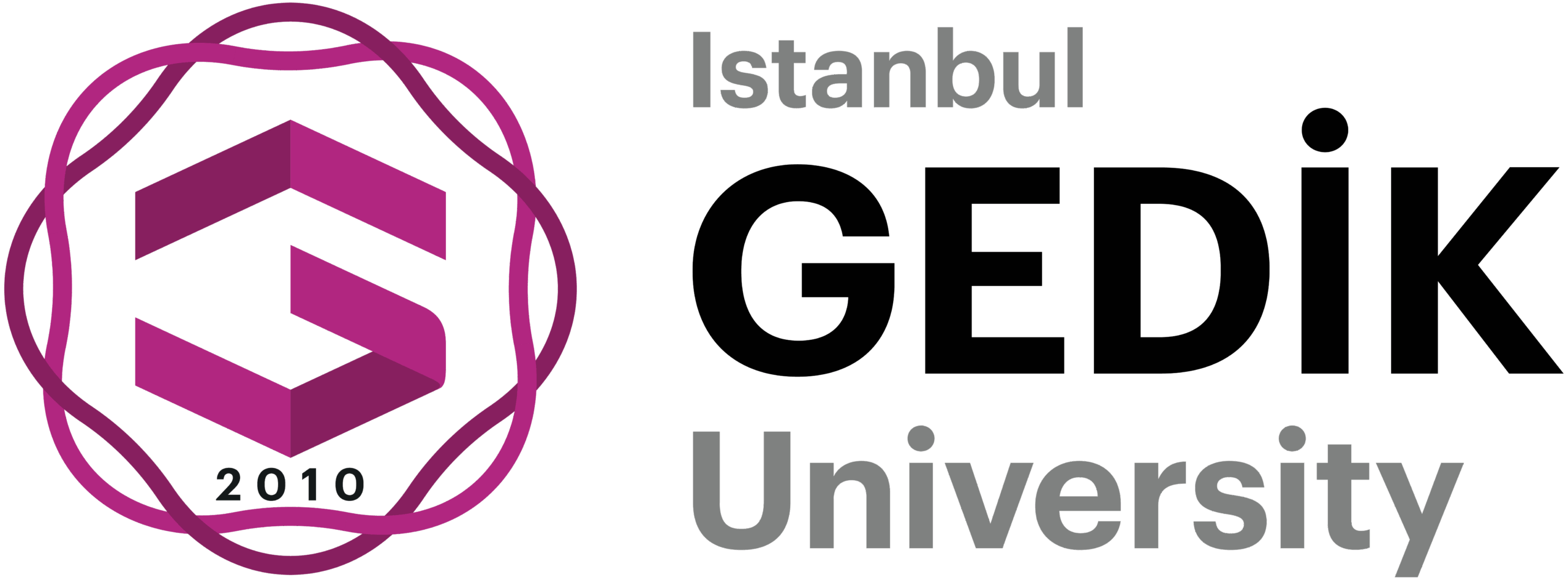TÜBİTAK ARDEB 4004 “Mühendis Olmaya Adım Adım” (Step by Step Towards Becoming an Engineer) Project Approved
Project Duration: 9 months (2018/2019)
Project Outcome: Ongoing
Funding Source: TÜBİTAK
Project Website: http://muhendisolmayaadimadim.gedik.edu.tr
Project Stakeholders:
- İstanbul Gedik University
- Istanbul Provincial Directorate of Family and Social Policies
Project Objective:
The socio-economic status of the family, the educational level of the parents, the environment of the school, the school’s educational resources, religion, ethnic identity, language, and the family’s socio-cultural level are the key factors that determine students’ future careers, success, and living standards. One of the few factors that can reduce the negative impact of these factors is teachers. This project aims to provide engineering education to 70 students from 4th-grade primary school to 8th-grade middle school in the Children’s Houses Coordination Center – Eyüp Directorate, affiliated with the Istanbul Directorate of Family and Social Policies. The other objectives include increasing the students’ interest in engineering, introducing them to the engineering profession, helping them experience engineering fields through activities, learning engineering design processes, enhancing their problem-solving skills, and increasing their interest and motivation in science and mathematics lessons.
Project Process:
The engineering education will be student-centered and focus on inquiry-based learning, emphasizing the stages of the engineering design process. The activities will consist of hands-on experiments, workshops, and field trips/observations. The activities are limited to environmental, construction, electrical, textile, agriculture, chemical, architecture, space, biomedical, and software engineering aspects. Most of the training will take place at İstanbul Gedik University, while the agricultural engineering activity will involve applied field trips and observations at Çanakkale Onsekiz Mart University, and the architecture activity will be conducted through applied field trips and observations at Trakya University and in Edirne.
In the experimental phase, a mixed-method approach will be used to assess the outcomes. A nested design will be employed, combining qualitative and quantitative scales, to determine the level at which the engineering activities build students’ knowledge of the engineering profession, their awareness of engineering design processes, the changes in their attitudes towards the profession, and the development of their problem-solving skills.
The project’s main output is to positively impact the future of a disadvantaged group of students by providing them with 21st-century skills, including innovative, creative, problem-solving, critical thinking, and communication abilities. This is achieved through the integration of science, technology, engineering, and mathematics (STEM) education. The engineering education within this framework is designed to benefit students who might otherwise face disadvantages.
